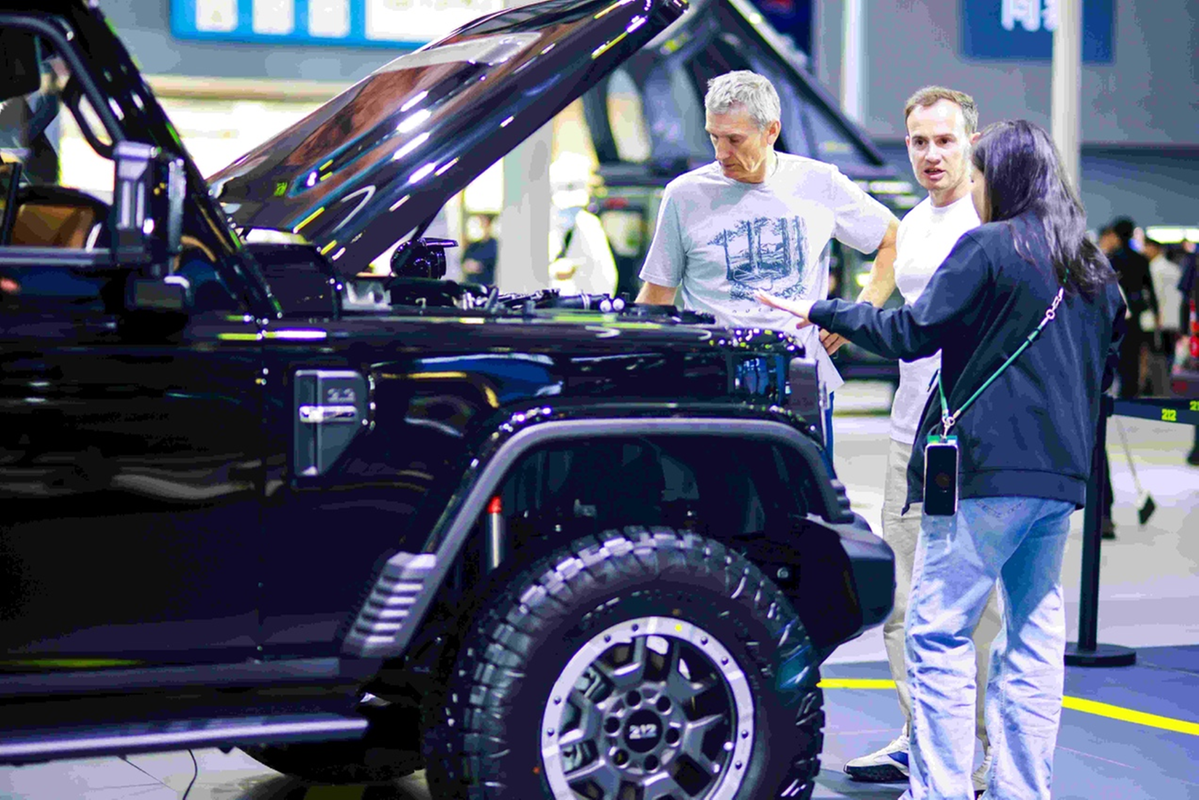China's 212 targets Middle East as global expansion base


Chinese off-road brand 212 is targeting the Middle East as the cornerstone of its global expansion, aiming to position its rugged vehicles for the region's desert conditions.
The brand, validated in China's hardcore off-road segment, sees a natural fit for markets such as Saudi Arabia, Kuwait and other Gulf countries, said Fedya Jia, executive deputy general manager of WeiQiao Smart Auto International Co Ltd, at Auto Guangzhou. The 212 brand is backed by Weiqiao.
The Middle East, which accounts for more than half of the global off-road market, is the company's initial focus, followed by Latin America and Central Asia. Europe is being approached primarily for brand-building and exposure at exhibitions and events, Jia said.
In the first quarter, 212 shipped a small batch of vehicles to the region but deliberately held off on pushing sales.
"We did not rush into marketing or promotion," Jia said. "Our priority was deep market research and extreme-condition testing during the hottest months, when temperatures exceeded 50 degrees."
Tests included full-route desert crossings across several Gulf countries. Jia said Kuwait, despite having the harshest conditions, showed the highest product acceptance.
The company then made targeted improvements to heat dissipation, air-conditioning performance, chassis ground clearance and sand-proof air filtration before formally launching sales in the fourth quarter.
"Overseas expansion depends on product adaptability," Jia said. "If a Chinese product goes abroad without necessary local improvements, it will not succeed."
After-sales service, historically a weak point for Chinese automakers abroad, is now central to the company's strategy.
"If after-sales and spare-parts support cannot keep up," Jia said, "it is very difficult to build a lasting market presence abroad."
The 212 brand is enforcing strict distributor selection criteria, emphasizing service capability and technical competence, and plans to build regional subsidiaries and central parts warehouses in key markets.
Local assembly through KD and SKD projects is also considered, which Jia said will reduce tariffs and strengthen local service networks.
Jia framed the company's global push within China's broader export story. After surpassing one million units in 2012, exports plateaued for years. "Before Covid, Chinese cars relied on cost-performance advantages rather than brand recognition," he said.
"Chinese cars today export not just products, but also 'Chinese manufacturing,' 'Chinese service,' 'Chinese quality' — even 'Chinese standards' — which are now increasingly recognized overseas," he said.
The company has already established sales channels in more than 70 countries and regions, with ongoing cooperation projects across the Middle East, Europe, Central Asia, Latin America and Africa, Jia said.




































